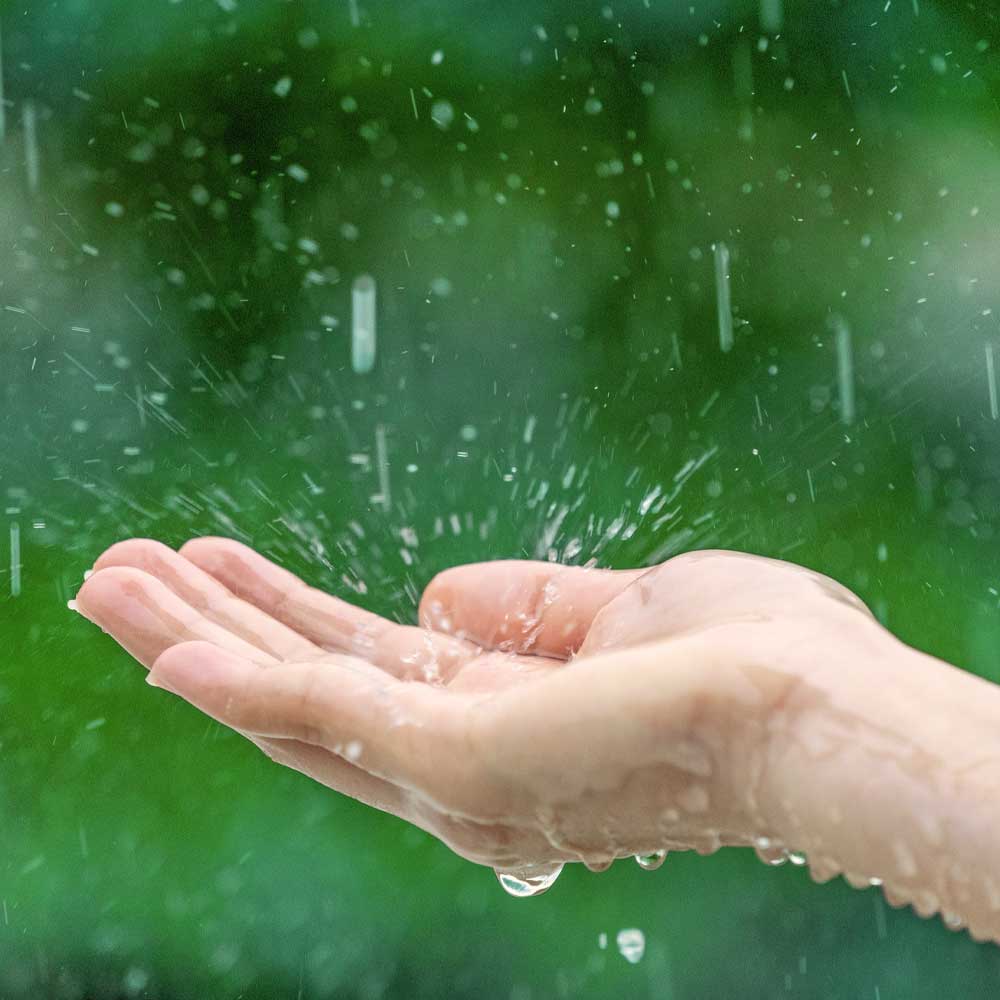During Monsoons, Air is more humid and damper, and not only affects our health, but also the food we eat. The following is a list of tips that will help you maintain a healthy kitchen during the rains and make the most of the season
With the rains Monsoons bring a season of nostalgia, good food, and memories. While the season is best enjoyed with a cup of tea and fritters, long walks, romantic songs, it also comes with its worries.
The weather changes and you are exposed to different temperatures throughout the day indoors and outdoors. The air is more humid and damp, and not only affects our health, but also the food we eat. You might find food left out going bad quickly or growing mould the minute you look away. The following is a list of tips that will help you maintain a healthy kitchen during the rains and make the most of the season:-

Wash your Fruits and Vegetables Thoroughly: During the monsoons, the air carries high levels of moisture and makes most areas damp. This is not good for fresh and perishable items like fruits and vegetables which are more prone towards carrying viruses and bacteria. To prevent a bacterial infection, make sure that the fruits and vegetables you buy from the market are washed thoroughly. Don’t just leave them under running water, but scrub them well with your hands before cooking them.
Refrain from Pre-cutting: Refrain from pre-cutting the fruits or vegetables as they lose their freshness and attract bacteria faster during the monsoon. If you must pre- cut your vegetables and fruits, make sure you refrigerate them till you cook and consume them.

Storage: Use stainless steel and glass airtight containers to store pulses, rice, powders, herbs, flour etc. Airtight containers will protect your food from getting wet and damp from the high levels of moisture in the air. Once wet and damp they are sure to attract bacteria and fungus that might be invisible to the naked eye. You can also freeze your pulses and rice which will help dehydrate them so that you can store them safely for longer durations
Use Dry Spoons: Use a clean and dry spoon to take out herbal and masala powders, salt, sugar and other cold drink mixes. By using a clean dry spoon you will not let the contents inside the container catch moisture and become stale.
Use Natural Insect Repellents: With the rains, also come swarms of mosquitoes and flies. To save your kitchen from being a home to these insects, consider using herbs and spices like neem, cloves, turmeric and dried chillies and storing them along with pulses and rice to keep insects away during monsoons. Mosquito nets can be used to cover cut fruits and cooked meals to keep away insects and flies

Along with consuming fresh and healthy food you must include herbs, ginger and garlic in your diet. They can be consumed throughout the year, but adding these to your diet during monsoon can boost your immunity and protect you against several seasonal ailments. Adding organic turmeric and black pepper can also be a great way to keep warm during the showers of the season. Lastly, avoid eating street food, and try cooking recipes you savor at home. Monsoons are best enjoyed with warm bowls in hand and cool wind in the hair.






